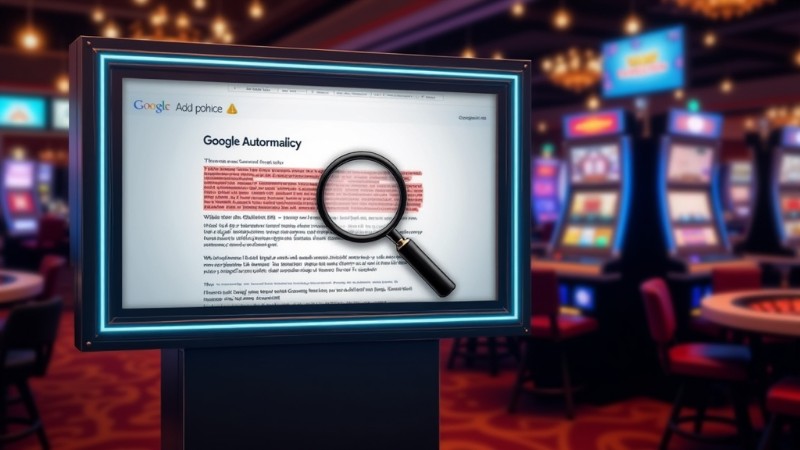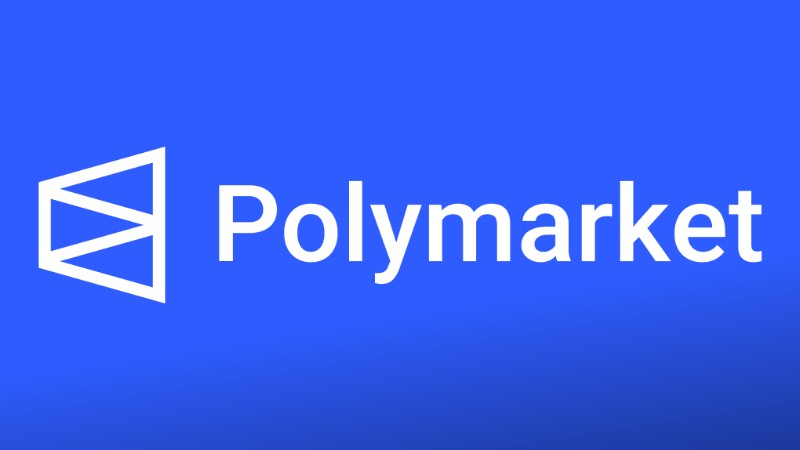
The rapid growth of the iGaming industry, particularly in sectors like Google Ads online gambling and casino PPC, has pushed regulators and platforms to enforce stricter advertising standards. Google Ads’ updated gambling policies, effective July 16, 2025, now require advertisers to undergo more rigorous pre-approvals for creatives and landing pages.
These changes ensure compliance with age restrictions (18+) and aim to prevent misleading content, reinforcing global efforts to protect players from harmful marketing.
Regional regulations add complexity
Latin America, notably Brazil, adopted more structured iGaming advertising rules in December 2023. While operators still enjoy creative flexibility, they must avoid false promises and pass rigorous content reviews on platforms like Google and Meta.
In the United States, where iGaming regulation is state-specific, advertisers face varying requirements across regions. For example, New York law mandates that all gambling ads include clear warnings about addiction risks, emphasizing the need for responsible messaging.
These evolving policies demonstrate the necessity for operators and affiliates to remain vigilant and adapt their strategies to meet diverse legal frameworks.
Failing to comply not only invites penalties but can also undermine a brand’s reputation in the competitive iGaming market.
Alternative ad networks offer flexibility
With mainstream platforms tightening their policies, many iGaming businesses are exploring alternative ad networks like Adsterra. These networks offer greater creative freedom and fewer restrictions while ensuring manual review processes that account for regional compliance.
This allows operators to customize campaigns without facing blanket rejections typical of larger platforms.
Additionally, emerging markets across Asia, Africa, and Latin America are crafting regulatory frameworks inspired by European standards, but adapted to local contexts.
As AI-generated content and influencer-driven campaigns become more prevalent, further regulation is expected to address risks associated with deepfakes and deceptive advertising.
Navigating these shifts requires iGaming advertisers to balance compliance with innovation, ensuring their strategies remain effective, ethical, and aligned with local regulations.

